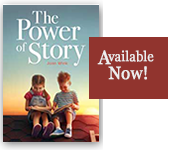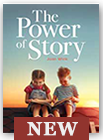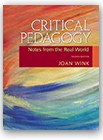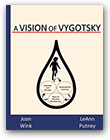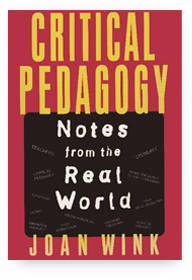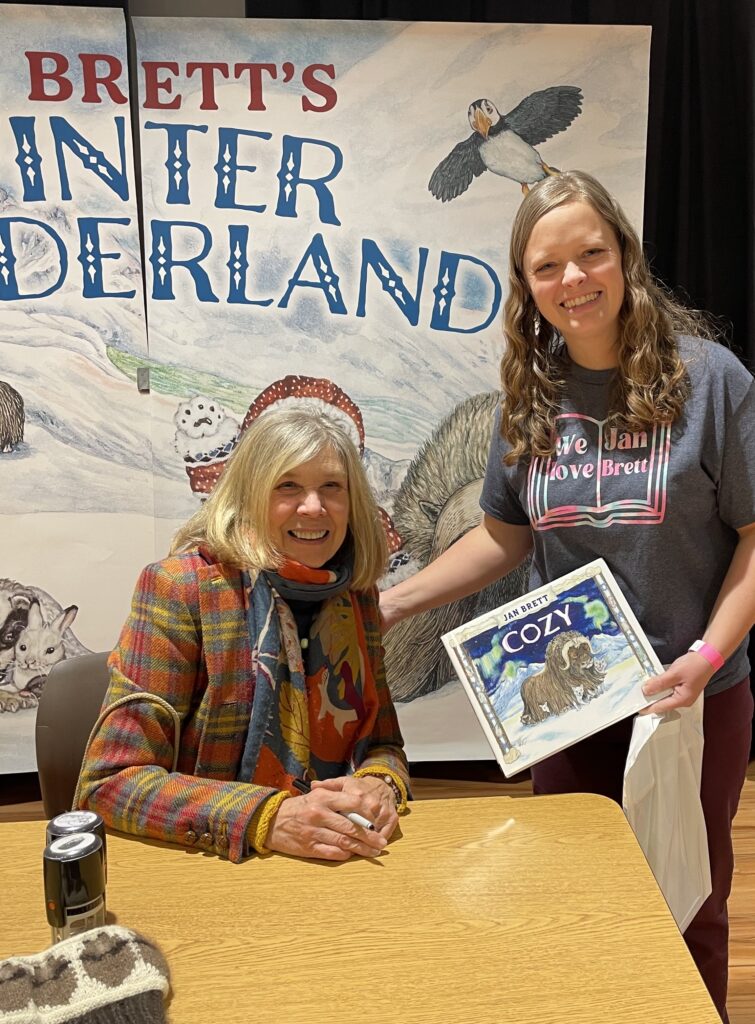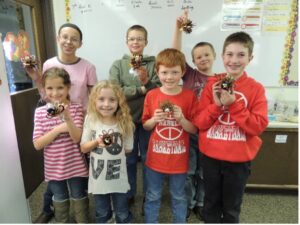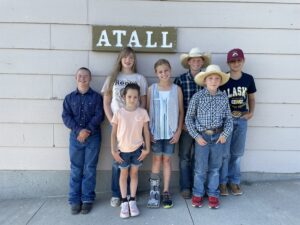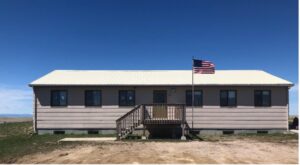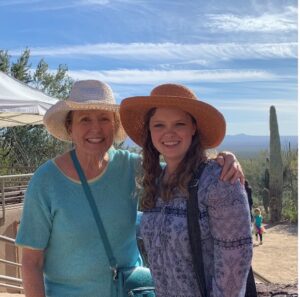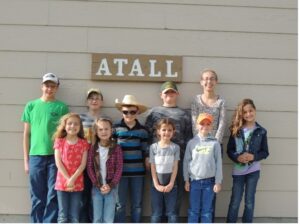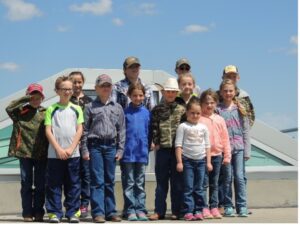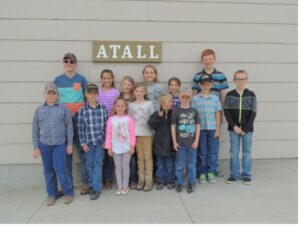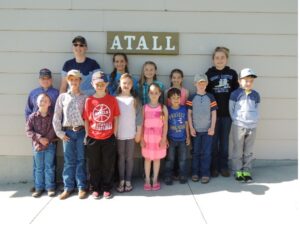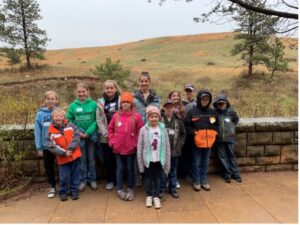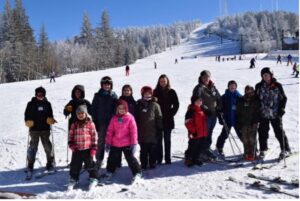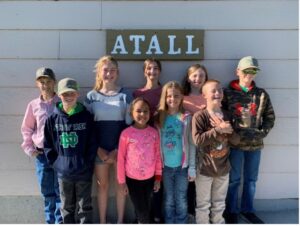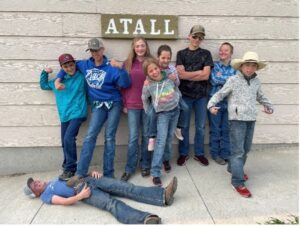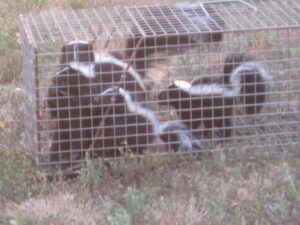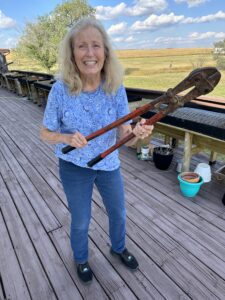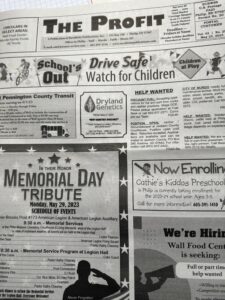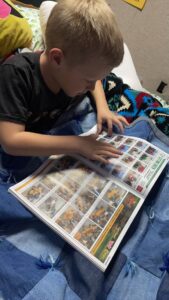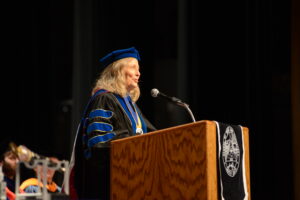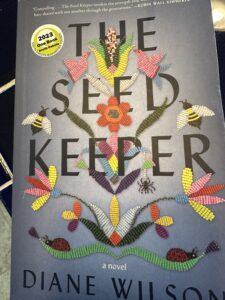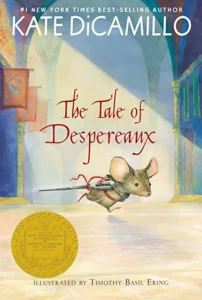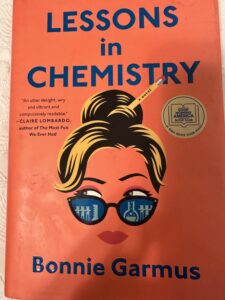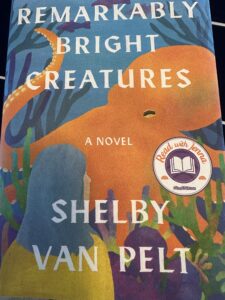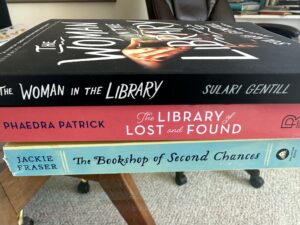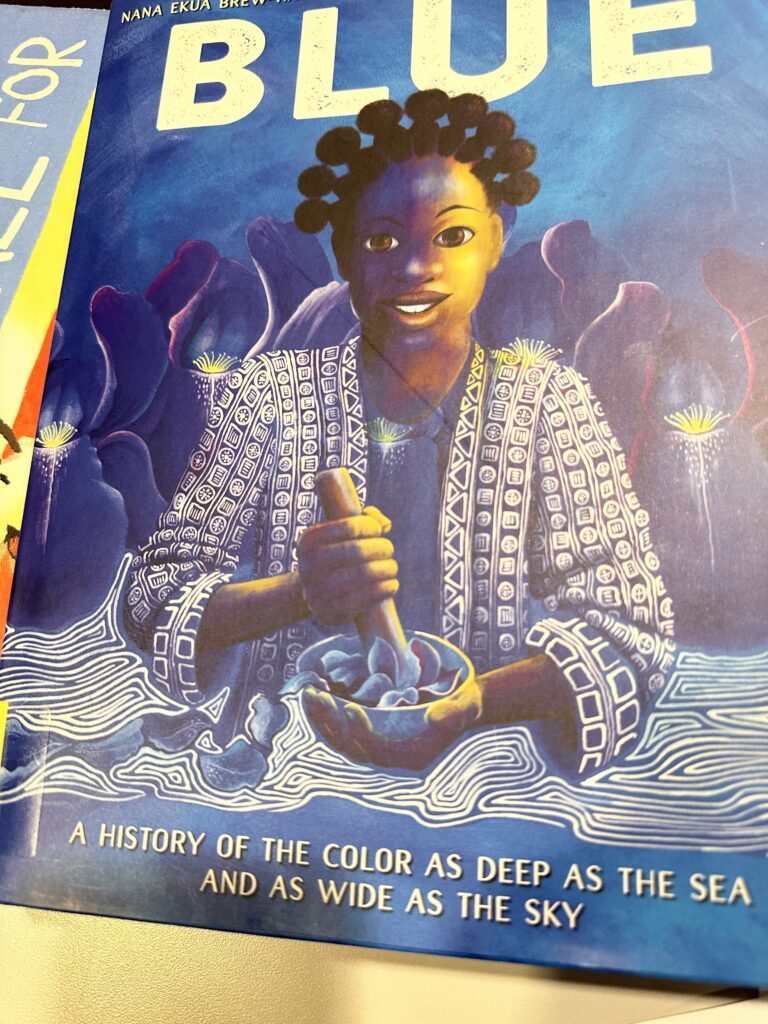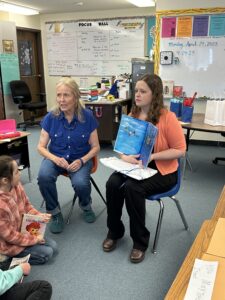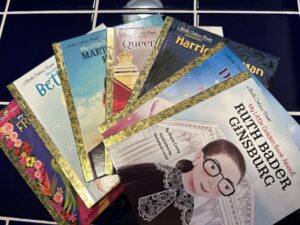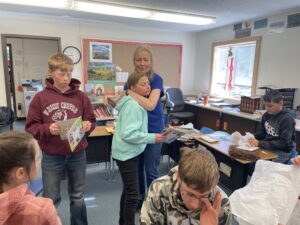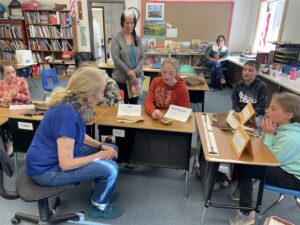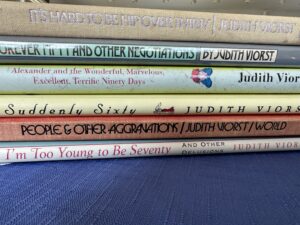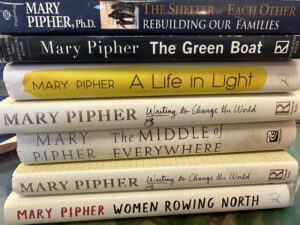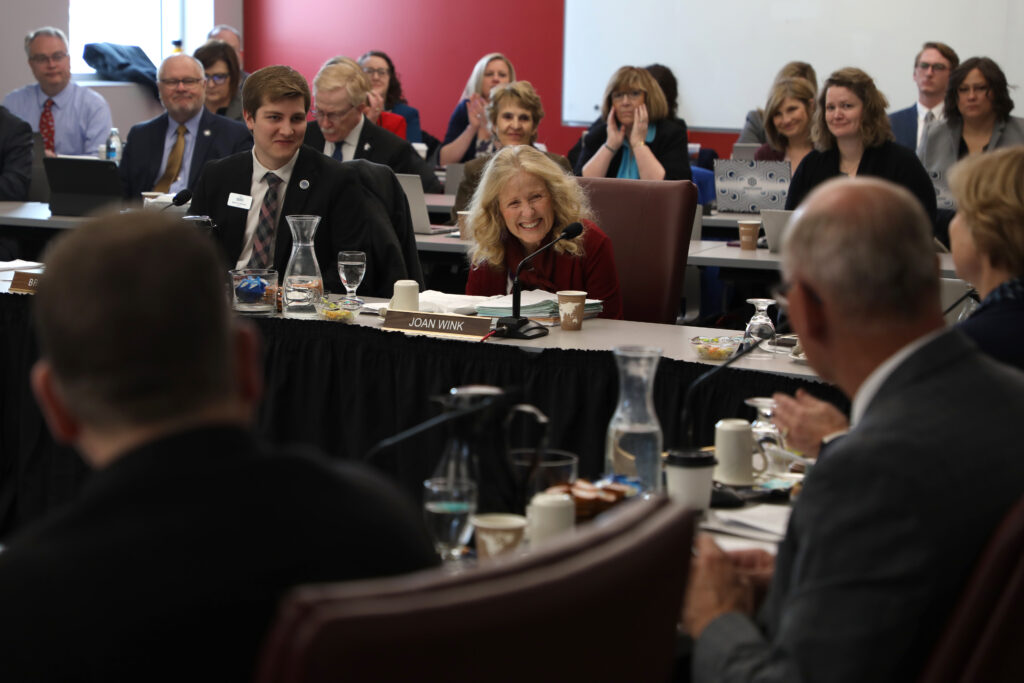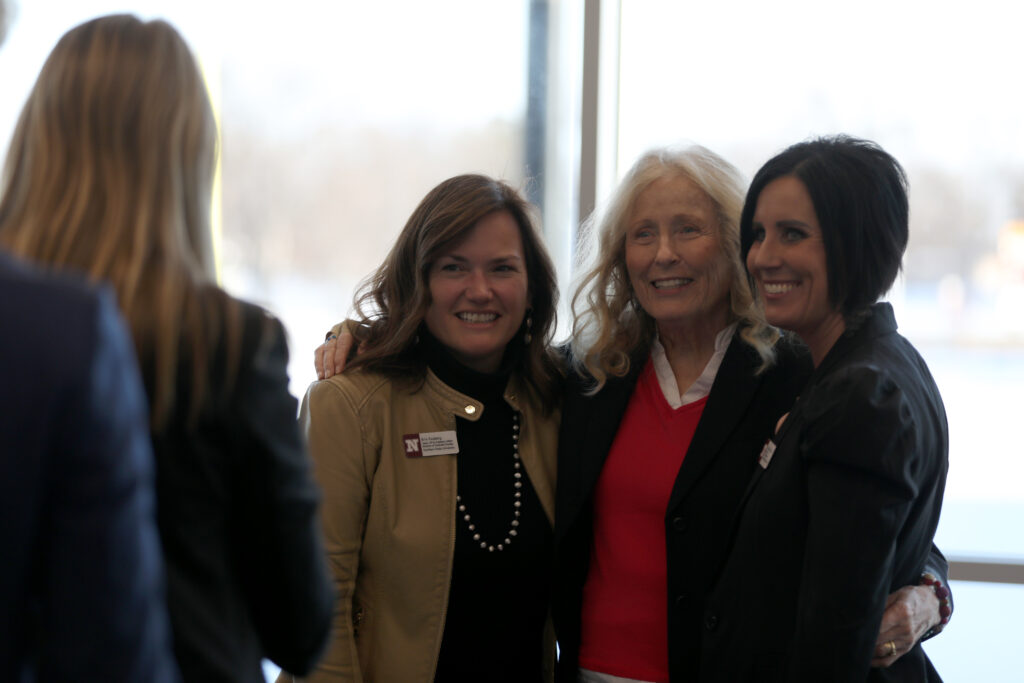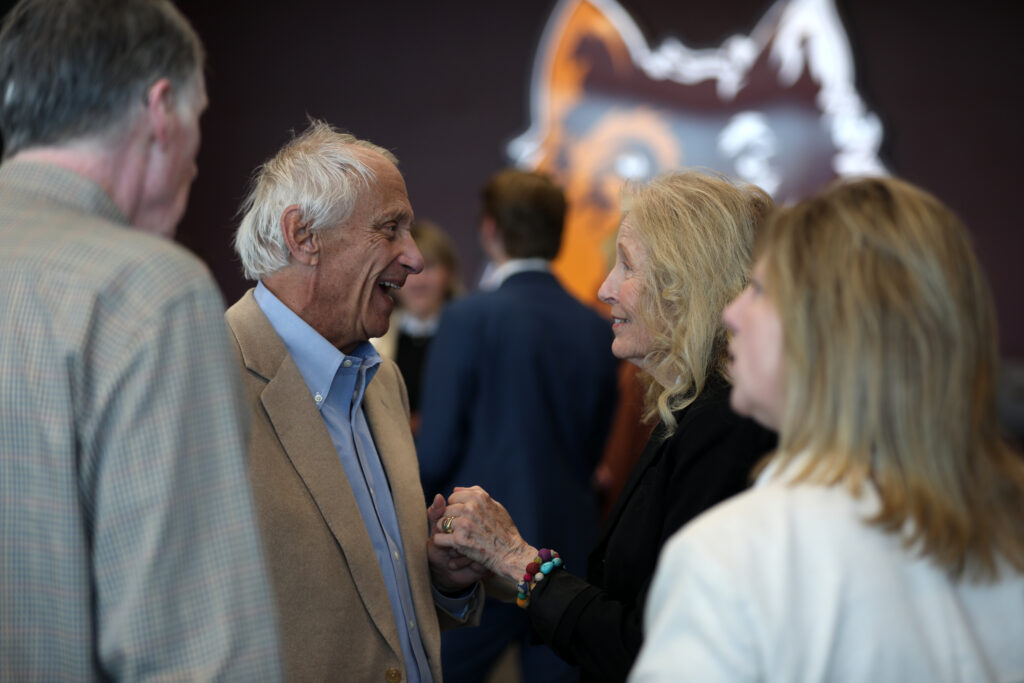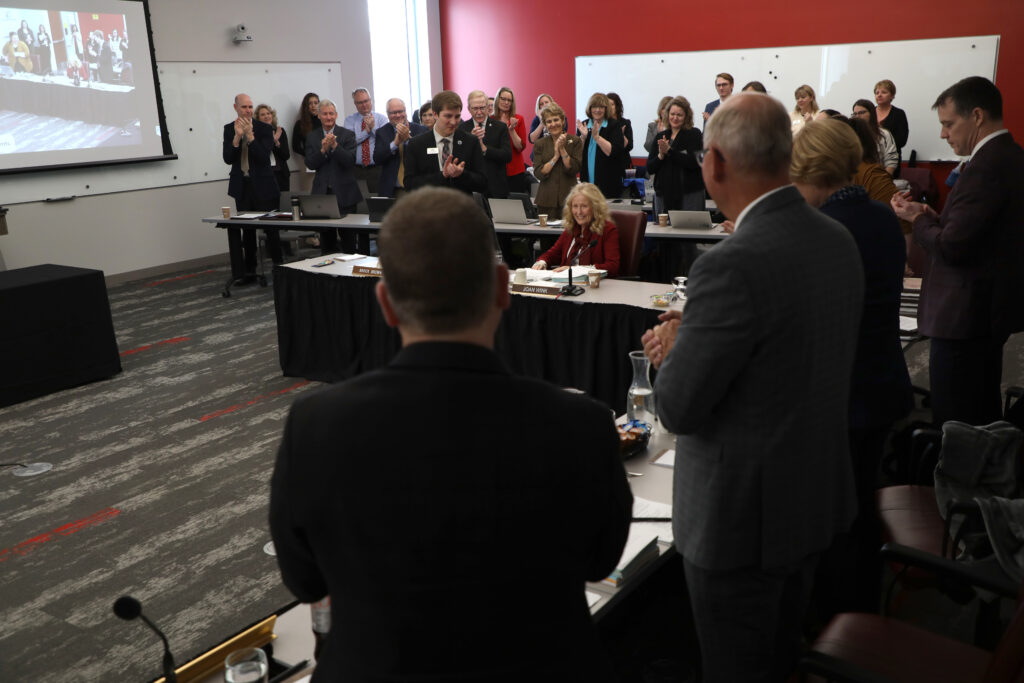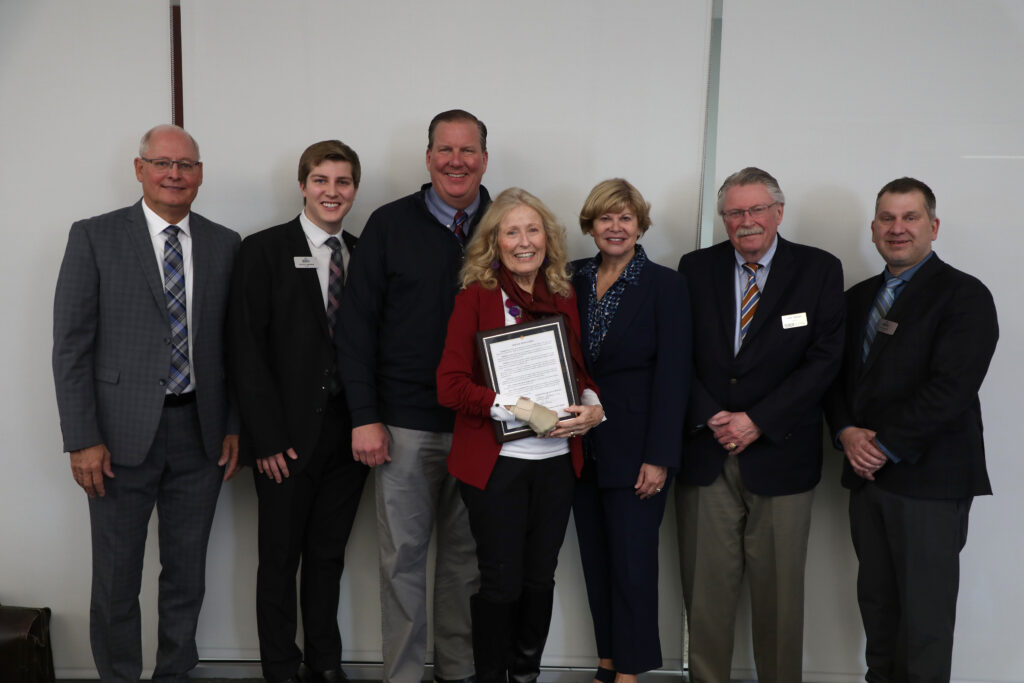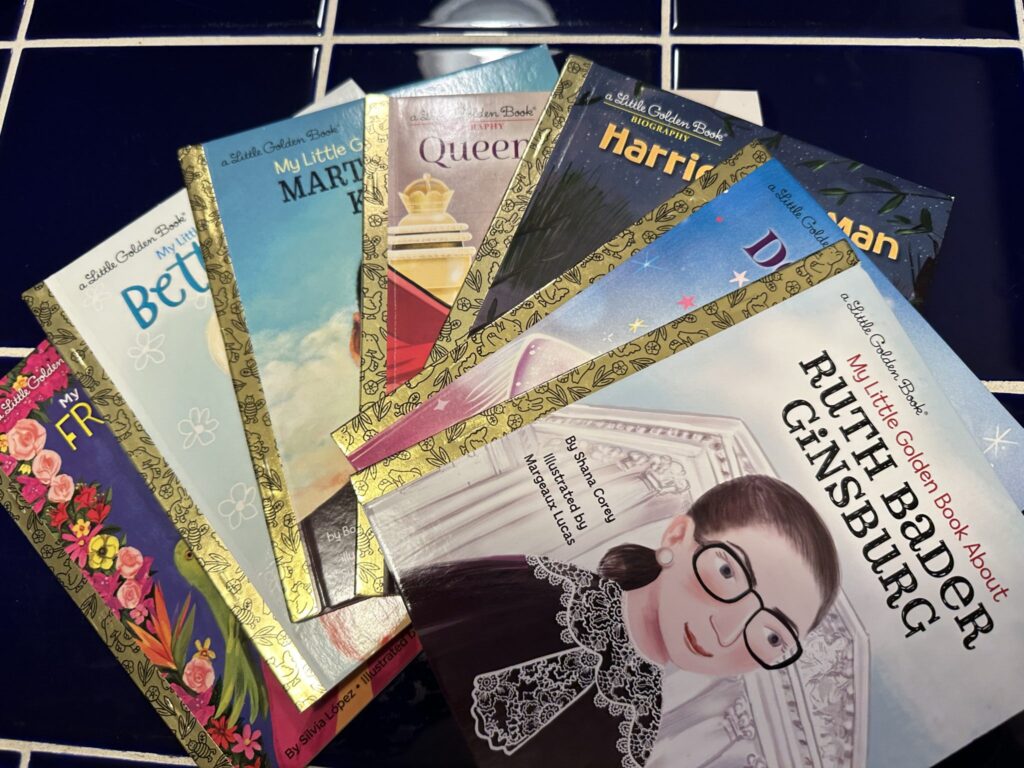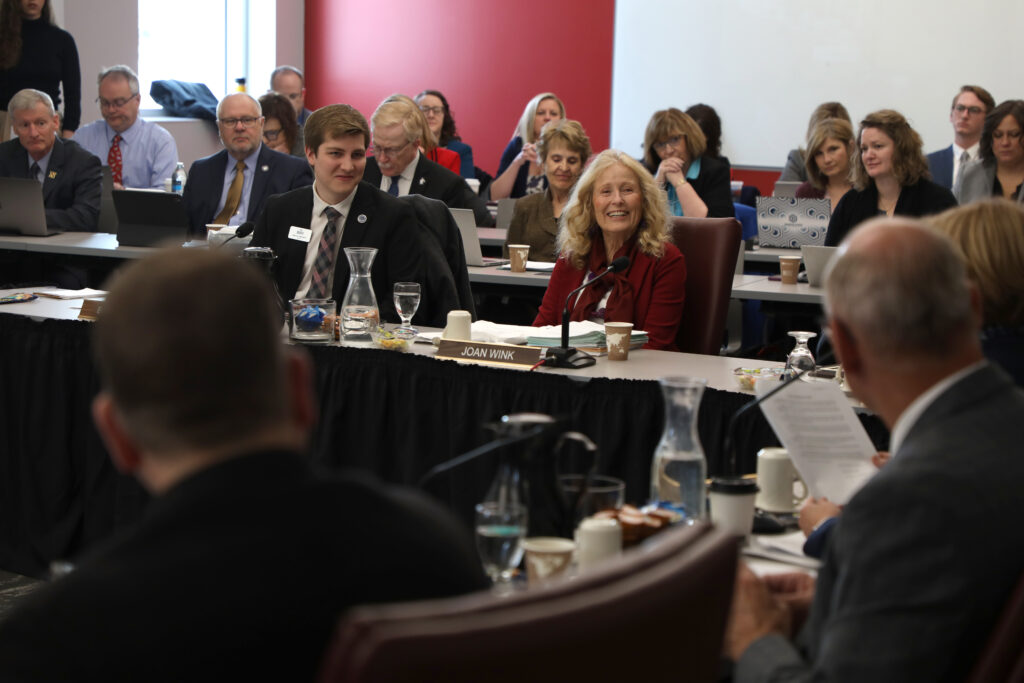Dear WinkWorld Readers,
If you are a reader of WinkWorld, you know that I am focused on pulling together prairie pedagogy stories which I have collected; this post is part of that series.
As we think about these tiny schools on the prairies, sometimes people wonder: How do these students do when they move into town for high school and on to higher education?
Tiny Prairie School Emeriti*
As I reviewed the 10+ years of my observations, I am comfortable that these rural kids go on to thrive and make their ranch families very proud. As I collected the 10 years of photos, it was so clear that the kids are productive, and they are great citizens.
You may see these photos in the post below.
Prairie Pedagogy: Pulling the Past 10 Years Together in One Big Story
“Hard Rules”
Recently, I noticed on social media that two of our tiny school emeratae* were talking about their self-imposed “hard rules” which guides their first year at the university. These rules help keep them keep on track physically and emotionally. When I saw this, I thought: A-ha, there is a story here somewhere. So, Wynn Wink and Dawn Wink (my trusty assistants) and I checked in with them on ZOOM.
Mariah and Shaniah are twins and attended Atall School. Jeslyn attended another tiny school, Hereford School, about 30 minutes away, mostly on gravel, which is a close neighbor for prairie people, who have to drive miles and miles for the basics of life. Mariah and Jeslyn are in their first year at the University of South Dakota, and Shaniah is ranching and driving big equipment.
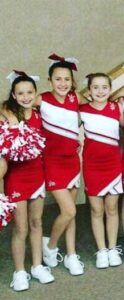
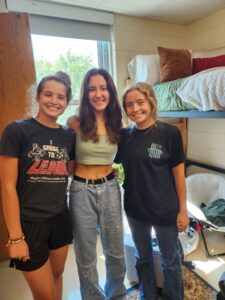
On the left meet Mariah, Jeslyn, and Shaniah. On the right you see them today in their dorm room.
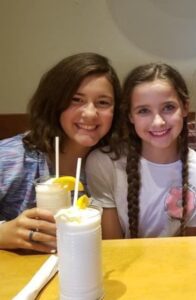
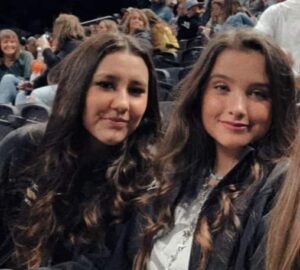
Above you see Jes and Mariah in high school, and on the right you can see what they look like today at the university.
When I think of Hereford School, I always think of the kids riding horseback to the first day of school.
See this previous WinkWorld.
Riding Horses to the First Day of School: Hereford (K-8) School
In addition, I have fond memories of Jes when she used to attended with her mom a grad class I was teaching at Black Hills State University. Below is Jess in that class.
A Peek Into Our Class
Shaniah, Mariah’s twin sister. is ranching and driving large equipment. See below.
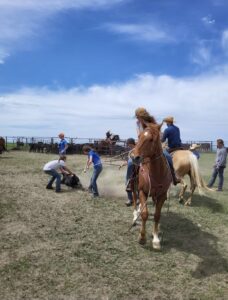
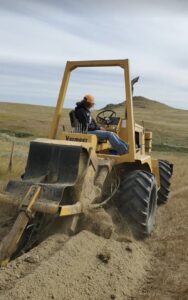
Alanah, their younger sister in high school is getting her pilot’s license in her spare time.

Respect and Collaboration
I asked the young women what part of their tiny rural school experience did they most value? They reflected that they went forward to high school and higher education with greater respect for others (including teachers and professors) and a greater ability to work with diverse groups of people on multiple projects.
Tiny school emeriti*, if you leave us with these two characteristics, respect for others and the ability to collaborate with others, our tiny prairie schools are doing fine and dandy!
*I doubt that I have ever used emeriti or emeritae in my prairie pedagogy blog posts, but it is time. My Mobridge High School Latin teacher would be proud. Thank you, Hazel Grace Johnson.
It is an honorable title awarded to a former exceptional member, professor, or student.
Emeritus – singular male
Emeriti – plural male and female
Emerita – singular female
Emeritae – plural female
